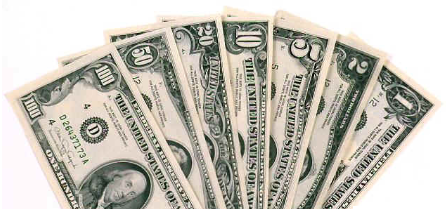Recent Posts

07
Jun
A Guide to Better Productivity in Writing
Many freelance writers have a set number of targets to accomplish each week. In a good week targets will be met. In a bad week any number of pressures can reduce the chances of goals being met. Family, friends and other work commitments can narrow the opportunities to write effectively. Writing can be rushed to meet deadlines, and your set assignment and side projects suffer.
Don’t stress yourself out if you are not meeting your writing targets. Here are some ways to make your week more productive.
Set a daily word count
Make this achievable. How many words can you conceivably write in a day to meet some of your goals. 500, 1000, 2000? Set yourself a word count and try to achieve that each day. An achievable target will make you feel better, knowing that you have accomplished something. However if you find yourself not reaching your set targets don’t panic. Instead reduce the word count until its of a realistic amount for you.
Prepare outlines in advance.
Carrying a notebook around with you can save you a lot of valuable time. Whether you are out for a walk, watching television, or in the bath, an idea might spring to mind for a project you are working on. Having a notebook handy is useful for jotting down those ideas in advance. In your notebook have a page free for different topics you need to write about. Add to those pages when inspiration arises. When you come down to the nitty gritty of writing you will already have an outline to help you get started.
Find the best time to write.
I don’t know about you but the morning isn’t the best time for me to write. I spend at least two hours feeling sluggish and irritable. I’m not a breakfast person either which doesn’t help my fitness and motivation levels. However mid afternoon and early evening are great for me. I have finally eaten something, gained a little bit of energy and have possibly done any housework and shopping that I need to do. My mind is then clear to write. You need to find the time to write that suits you. Don’t commit to writing at a time when you know you will be unable to accomplish what you need to do. At what time of day do you feel more alert and focused? When are you at your creative peak? Find the moment and utilise it.
Bookmark your research
From time to time you will come across something on the internet that is useful for your own project. Bookmark those pages and return to them when you need to. Have a set folder in your bookmark folder for anything that is helpful to your writing. Being organised early will save you valuable time later on.
Reward yourself.
Remember when you were at school when you earned a sticker for a piece of work well done? It was like a badge of honour, and while your fellow classmates were probably jealous you will have had a sense of pride. Continue that reward system into your writing routine. I’m not saying you need to have a sticker chart, although you might! Reward yourself when your work for the day is completed. In my case it would be a bar of chocolate or a cream cake. I hope your will power is better than mine when it comes to rewarding yourself. Only have the reward if you feel you have earned it. Don’t eat the chocolate early, you will only feel guilty!







 at
at